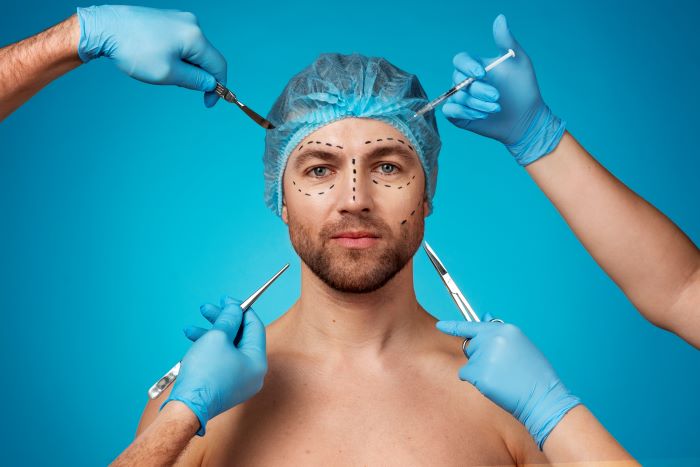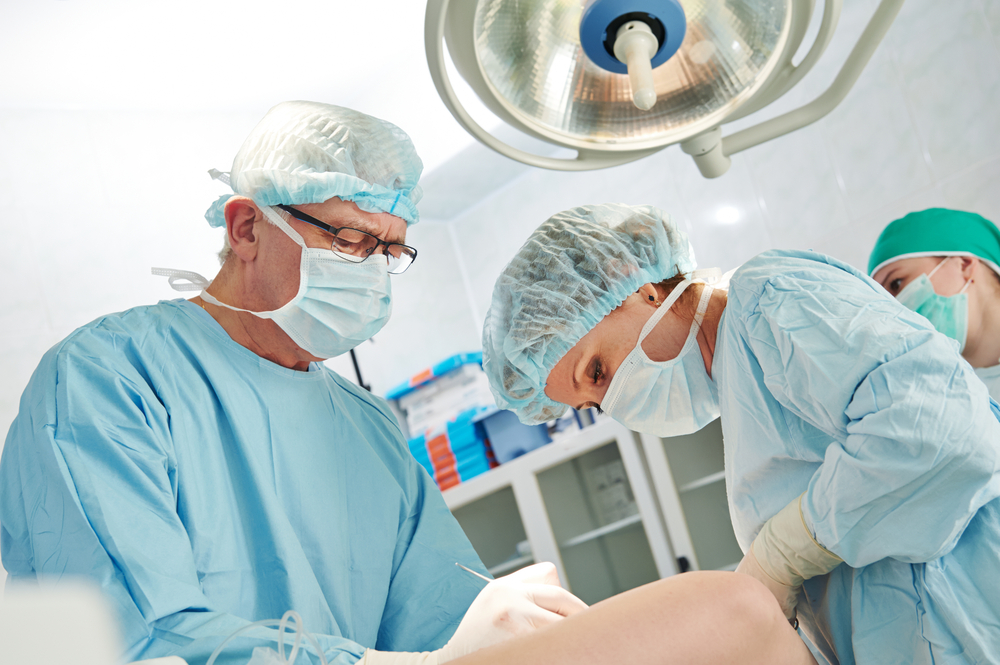The Impact of Self-Image on Decision-Making: Reasons Why Lots Of Individuals Pursue Aesthetic Surgical Treatment for Physical Transformation
The interaction between self-image and decision-making is a complicated phenomenon, especially apparent in the increasing pattern of people choosing cosmetic surgery as a way of physical transformation. Inspired by a need to satisfy personal suitables and social expectations, lots of people come to grips with concerns of self-esteem that can dramatically impact their options. As exterior stress from cultural norms and social media escalate feelings of inadequacy, a critical concern arises: what are the underlying mental variables that drive this pursuit of modified looks, and what effects do these choices hold for individuality and health?
Understanding Self-Image
Self-image refers to the mental photo and assumption a specific holds about themselves, encompassing elements such as physical look, personality type, and overall self-worth - mommy makeover rancho cucamonga. This internal representation significantly influences how individuals communicate with the world and can be a driving force behind various life choices, including the decision to go through plastic surgery
A positive self-image frequently correlates with higher self-esteem and a feeling of self-confidence, cultivating an aggressive technique to life. Alternatively, a negative self-image may cause feelings of inadequacy and dissatisfaction, prompting people to look for outside services to perceived flaws. This pursuit for renovation can materialize in the wish for physical change through cosmetic procedures.
The prevalent nature of media and peer comparisons can intensify sensations of instability, motivating people to change their appearance in search of approval or authorization. Comprehending these characteristics is necessary in comprehending the motivations behind cosmetic surgical procedure.
Mental Variables at Play
Various mental variables influence a person's choice to pursue plastic surgery, frequently rooted in much deeper cognitive and psychological procedures. One considerable factor is reduced self-worth, which may occur from adverse self-perceptions or dissatisfaction with one's look. Individuals with reduced self-regard might believe that changing their physical functions will certainly improve their total value and approval in social contexts.
In addition, the idea of body dysmorphic problem (BDD) plays an important function. Individuals experiencing BDD experience a compulsive focus on perceived defects in their appearance, leading them to look for medical treatment as a service. This uncontrollable need for makeover can significantly distort their self-image, driving them to pursue procedures in spite of the capacity for unfavorable end results.

Societal Stress and Assumptions
A substantial impact on individuals' choices to undertake cosmetic surgical treatment stems from societal stress and assumptions that suffuse contemporary society. In a period dominated by social media and consistent visual exposure, idyllic requirements of beauty are regularly showcased, producing a pervasive setting where physical appearance is extremely inspected. Such criteria usually dictate what is thought about eye-catching, leading people to feel forced to conform to these suitables.
Furthermore, the normalization of cosmetic improvements in pop culture further worsens these pressures - mommy makeover rancho cucamonga. Stars and influencers freely reviewing their operations can develop a perception that such changes are not only acceptable yet desirable. This sensation can create feelings of insufficiency in individuals that may feel their natural look does not straighten with societal criteria
In addition, the influence of peer teams can not be neglected. People may experience straight or indirect pressure from good friends or family, resulting in a public recognition of plastic surgery as an acceptable ways to attain an idealized self-image. As a result, these social assumptions can significantly affect individual decision-making processes, usually overshadowing intrinsic motivations for self-improvement and promoting a society where physical makeover is pursued as a remedy for perceived drawbacks.

Situation Researches and Personal Stories
Several individuals have shared visit the site their personal journeys concerning cosmetic surgical treatment, disclosing an intricate interaction in between self-perception and social impacts (mommy makeover rancho cucamonga). She recognized that her choice was greatly affected by media representations of elegance.
In a similar way, a male individual in his late twenties recounted his battle with body dysmorphic disorder, which motivated him to seek lipo. His experience highlighted not only a desire for physical transformation yet also a goal for acceptance among peers. Post-surgery, he expressed a restored feeling of self-worth, albeit with the realization that internal recognition need to come before outside modifications.
These study highlight a broader trend: individuals commonly watch cosmetic surgery as a pathway to improved self-image. Nonetheless, the stories likewise reveal a critical point of view on the pressures and expectations that form these choices, suggesting that personal tales are deeply intertwined with societal standards and values.
Alternatives to Plastic Surgery

Skin care treatments, consisting of chemical peels and microdermabrasion, can improve skin structure and tone, dealing with problems like acne scars or irregular pigmentation. In addition, laser therapy is an efficient approach for targeting certain skin concerns, such as sun damages or vascular sores, promoting an extra youthful look.
For those seeking body improvement, non-invasive fat reduction methods like CoolSculpting can aid eliminate persistent fat deposits without surgical treatment. Health and fitness programs and nutritional therapy are additionally important devices for individuals aiming to attain a healthier body picture. Eventually, these choices can offer considerable outcomes while aligning with personal comfort degrees and choices, fostering a positive self-image without the durability of cosmetic surgery.
Conclusion
People regularly look for physical transformation in an attempt to improve self-confidence and line up with perceived standards of beauty. By exploring choices and cultivating a much healthier self-image, individuals may find extra lasting paths to self-acceptance and wellness.
The interplay between self-image and decision-making is a complex sensation, especially apparent in the top article enhancing trend of people deciding for cosmetic surgical treatment as a means of physical transformation.Numerous emotional aspects influence a person's choice to go after cosmetic surgery, often rooted in deeper cognitive and psychological procedures.A significant influence on people' choices to undergo cosmetic surgery stems from societal stress and expectations that pervade modern culture. People may run into straight or indirect stress from pals or family, leading to a public validation of cosmetic surgery as an appropriate means to attain an idealized self-image.Lots of individuals have actually shared their individual trips pertaining to cosmetic surgical More Bonuses treatment, disclosing a complicated interaction between self-perception and societal influences.